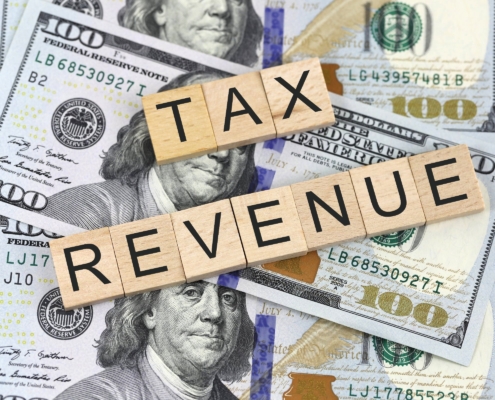Pioneer Commends MA Governor-elect Healey’s Step Toward Greater Transparency
Pioneer Institute commends Governor-elect Maura Healey for choosing not to claim a public records exemption for the governor’s office. Governor-elect Healey also pledged to support legislation that would curb exemptions claimed by the legislative and judiciary branches of state government.
Massachusetts and Michigan are the only states where the governor’s office claims to be exempt from the public records law, and Massachusetts is the only state in which the judiciary, legislature and governor’s office all claim such exemptions. The Commonwealth has repeatedly been ranked among the worst states in the nation for government transparency in this area.
Past governors claimed they are exempt citing interpretations of the Supreme Judicial Court’s 1997 ruling in Lambert v. Executive Director of the Judicial Nominating Commission, a decision Secretary of State William Galvin has called “terribly abused.”
Pioneer Institute urged previous governors to extend this reform initiative to their offices. Governor Charlie Baker proposed public records reforms but continued to claim the exemption.
“There is no better way for the governor-elect to kick off her term,” said Pioneer’s Director of Government Transparency Mary Connaughton. “Hopefully, this will mark the dawn of a new era of government transparency in the Commonwealth. Ultimately, we hope it will inspire the judiciary and legislature to follow suit and become more transparent.”
Get Updates on Our Pioneer Public Initiatives!
Related Posts:













